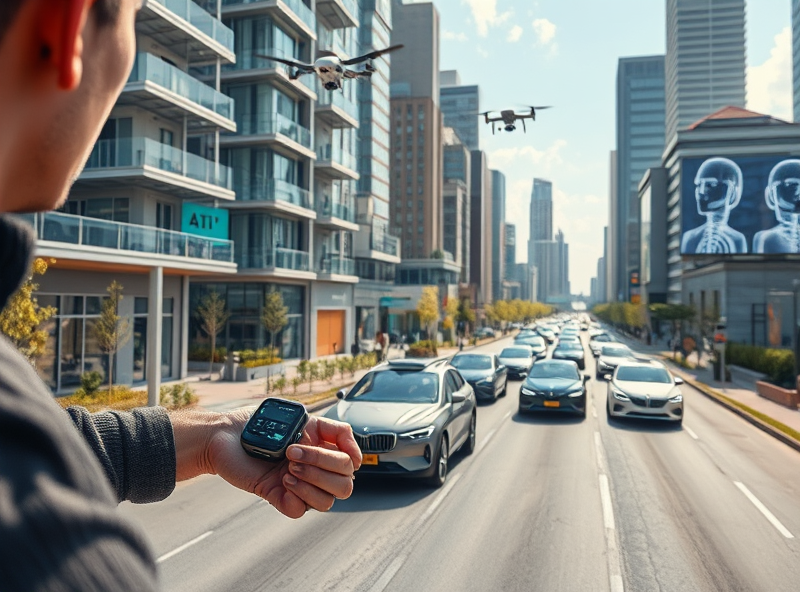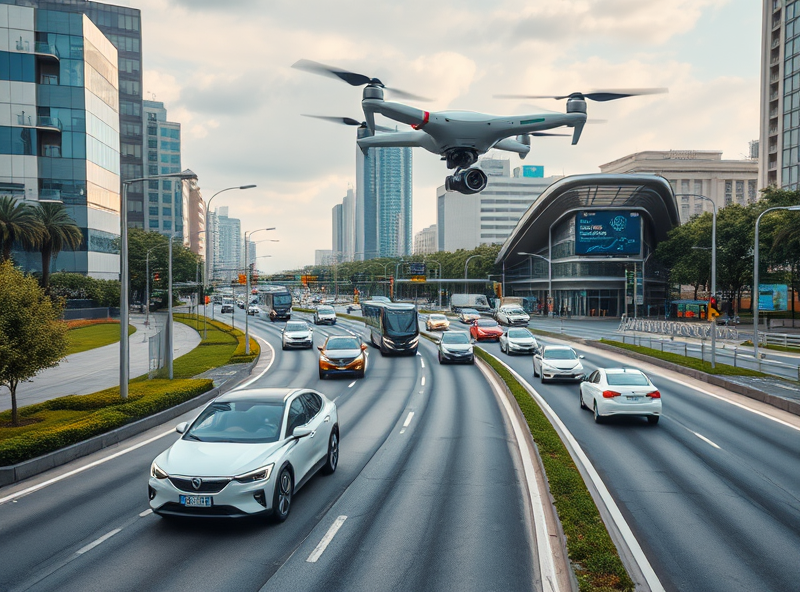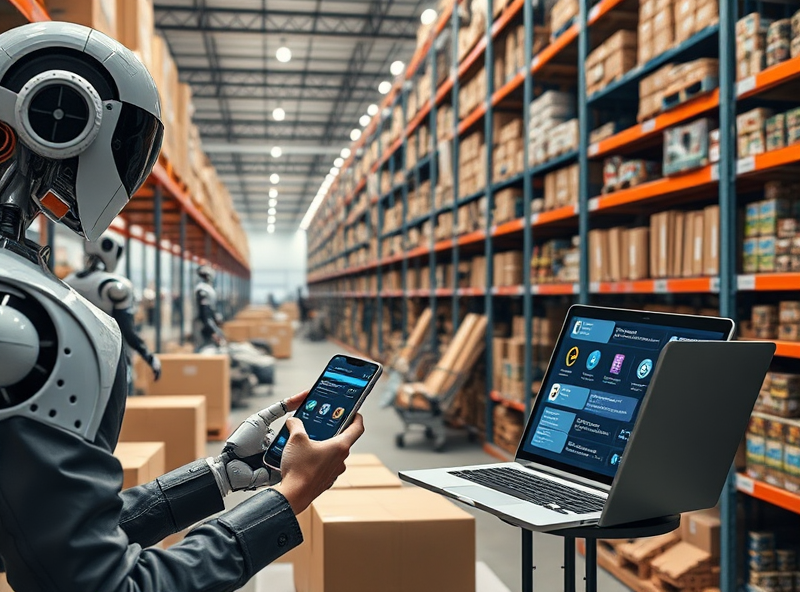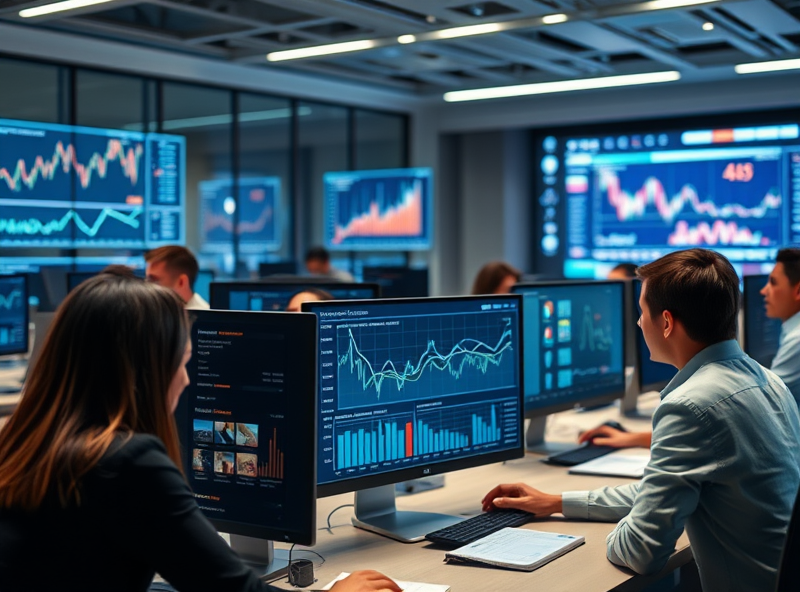
How AI is Transforming Everyday Life: Practical Applications and Benefits
AI in Transportation

Artificial Intelligence (AI) is revolutionizing the transportation industry, making travel safer, more efficient, and environmentally friendly. One of the most notable applications is in autonomous vehicles. Self-driving cars, powered by AI, use advanced sensors, cameras, and machine learning algorithms to navigate roads, detect obstacles, and make real-time decisions. This technology has the potential to reduce traffic accidents caused by human error and improve mobility for those unable to drive.
AI is also transforming public transportation systems. Predictive analytics help optimize bus and train schedules by analyzing traffic patterns and passenger demand, reducing wait times and overcrowding. Additionally, AI-powered traffic management systems are being implemented in smart cities to control traffic lights dynamically, easing congestion and cutting down on fuel consumption.
In logistics, AI is streamlining supply chains by optimizing delivery routes and improving package tracking. This not only saves time and resources but also enhances customer satisfaction. As AI continues to evolve, its impact on transportation will only grow, making our daily commutes smoother and more sustainable.
AI in Retail and E-commerce

Artificial Intelligence (AI) is revolutionizing the retail and e-commerce industries, making shopping experiences more personalized, efficient, and enjoyable. One of the most notable applications is personalized product recommendations. AI algorithms analyze customer behavior, purchase history, and preferences to suggest products tailored to individual tastes. This not only enhances customer satisfaction but also boosts sales for businesses. Additionally, AI-powered chatbots provide 24/7 customer support, answering queries, assisting with purchases, and even resolving complaints in real-time. Inventory management has also been transformed, with AI predicting demand trends and optimizing stock levels to reduce waste and ensure availability. Lastly, visual search tools powered by AI allow customers to upload images and find similar products instantly, making shopping more intuitive and convenient. By integrating AI, retailers and e-commerce platforms are creating smarter, more customer-centric experiences that benefit both businesses and consumers.
AI in Finance

Artificial Intelligence is revolutionizing the finance industry in remarkable ways, making processes faster, more secure, and highly efficient. One of the most significant applications of AI in finance is fraud detection. AI algorithms analyze vast amounts of financial data in real-time to identify unusual patterns or anomalies, helping institutions prevent fraudulent activities before they escalate. Additionally, AI-powered robo-advisors are gaining popularity by offering automated financial advice tailored to individual goals and risk tolerance. These tools make investment planning accessible to everyone, regardless of their financial expertise. Moreover, algorithmic trading, driven by AI, enables faster and more accurate decision-making in stock markets, optimizing returns for investors. By leveraging AI, the finance sector is becoming more transparent, secure, and user-friendly, benefiting both institutions and consumers alike.
AI in Entertainment

Artificial Intelligence is revolutionizing the entertainment industry in ways that are both exciting and highly beneficial for creators and consumers alike. For instance, AI is being used to personalize content recommendations on platforms like Netflix, Spotify, and YouTube. By analyzing your viewing or listening habits, AI algorithms can suggest movies, shows, or songs that align with your preferences, saving you time and enhancing your experience. Additionally, AI is transforming the way movies and video games are created. AI-powered tools can generate realistic visual effects, create lifelike characters, and even assist in scriptwriting. For gamers, AI-driven NPCs (non-playable characters) now exhibit more human-like behaviors, making games more immersive and engaging. Furthermore, AI is also being used in live performances and virtual concerts, where it helps create stunning visual effects and interactive experiences. These advancements not only make entertainment more enjoyable but also open up new creative possibilities for artists and developers.



